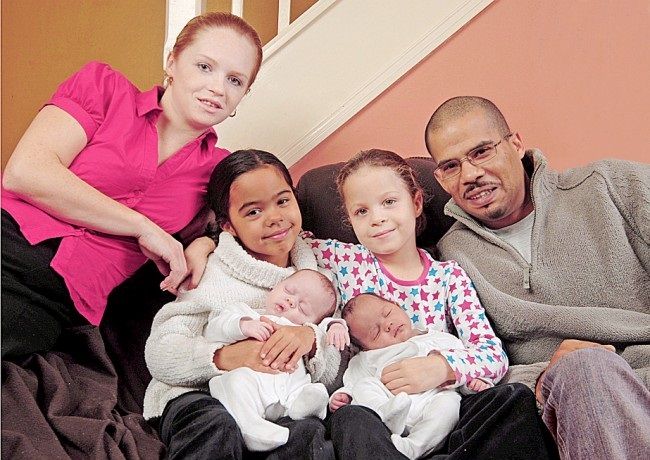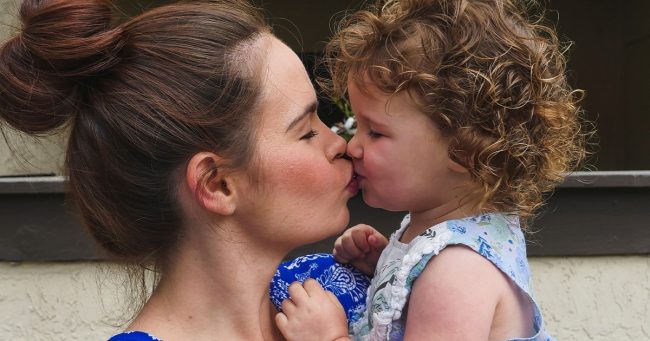Why Kids Can Be Little Devils With Their Mothers and Sweet Angels With Everyone Else
Many mothers are concerned when their children behave well with their grandparents, on the playground, and with other people yet misbehave while they are in their immediate vicinity. However, if you find yourself in this scenario, remember that it is not about you.
Kids have their own motives for doing so.
A tantrum is a kind of communication for your child, a method of saying, “I need you, mom!”
Tantrums are prevalent in children aged 1-3 years old, and they occur because children’s social and emotional skills are still developing at this age. They may be experimenting with their growing independence, or they may be learning that how they act might influence how others act.
Tantrums can take many forms and entail dramatic outbursts of rage, frustration, and uncontrolled behavior, which are frequently followed by yelling, weeping, kicking, falling down, fleeing, stiffening limbs, or an arched back.
Young children, namely those between the ages of one and four, have not yet established appropriate coping abilities. Instead, they tend to lose it.”
If your child’s speech isn’t quite there yet, it’s natural for them to try to catch your attention in some way. Mothers provide all of their children’s basic requirements, which is why children grow emotional when they are near them.
Dr. Ann Corwin, a parenting and education expert, explains:
“Mothers represent children’s needs, and kids are physiologically designed to identify the need for nourishment and survival with their mother. That is why children will intensify their conduct in any manner they can in order to gain attention (a connection) from their mother.
Dads, on the other hand, represent trust, taking risks, and having fun with their children. As a result, because it is not a natural survival bond, children do not become as desperate for that vital attention from their fathers.”
Your child’s safe haven is with you.
Dr. Heather Wittenberg, a child psychologist, says:
“As parents, our children save their best—and worst—for us. With us, they are their “real selves.” It takes a lot of energy to be good and follow the rules, especially for small children, so when they go home, they let it all out. The good news is that they have reserved their greatest love, affection, adoration, and goofiness for us as well.”
Your child is not saving “the worst” for you; rather, children are emotionally attached to the people they trust and feel safe with. As a result, your child “honors” you with tantrums and whining.
Here’s what you should do if your toddler exclusively throws tantrums at you.
According to experts, you should not allow this behavior passively, therefore here are some suggestions for teaching your child to be kinder:
- Accept your child’s tantrums and don’t take them personally. Allow the child time and space to have a temper tantrum.
- If your kids are old enough, talk to them about how you’re feeling. Assist children in understanding that while mommy is always there to soothe and support them, she must be respected.
- A chance to let off steam. If your child goes to daycare or school, they are expected to be “good” all day, so give them some time to be themselves when they get home.
- Some of the chores can be shared with your partner.










